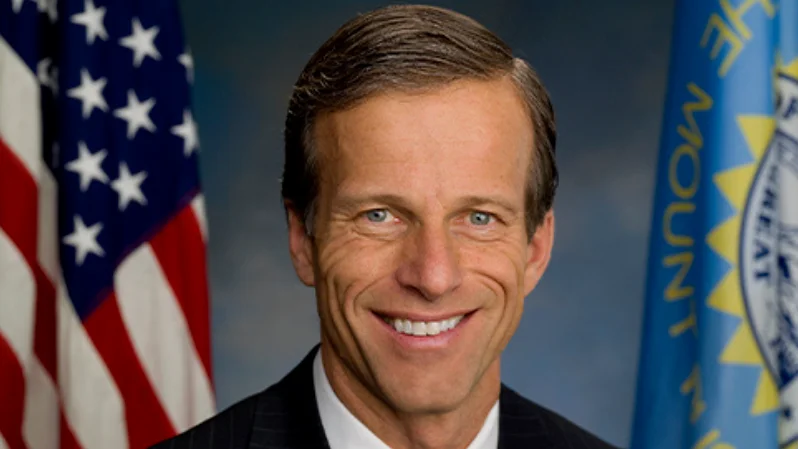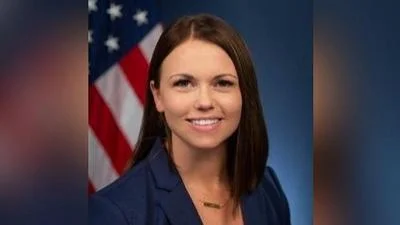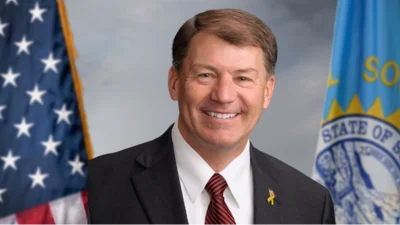Senator John Thune, US Senator for South Dakota | Official U.S. Senate headshot
Senator John Thune, US Senator for South Dakota | Official U.S. Senate headshot
U.S. Senators John Thune (R-S.D.) and Mark Warner (D-Va.) have reintroduced the Equitable Community Access to Pharmacist Services (ECAPS) Act, a bipartisan bill aimed at expanding seniors’ access to clinical services provided by pharmacists. The legislation would allow Medicare to reimburse pharmacists for administering certain tests, treatments, and vaccinations for illnesses such as influenza, respiratory syncytial virus (RSV), and strep throat, following state scope-of-practice laws.
Thune emphasized the importance of community pharmacists in his state: “Seniors across South Dakota rely on the care and support they receive from their community pharmacists,” said Thune. “I am proud to lead this commonsense legislation that would allow these services and other important treatments to remain a reliable option for seniors, particularly in our rural communities.”
Warner highlighted the expanded role of pharmacists during recent public health emergencies: “During the pandemic, we saw firsthand how pharmacists stepped up to meet urgent health care needs, especially in underserved and rural communities,” said Warner. “This bill builds on that progress by making sure seniors can continue to count on their local pharmacists for routine tests, vaccines, and treatments for common illnesses like flu and COVID. This is a practical step to improve access to care, reduce the burden on hospitals and clinics, and make our health system work better for seniors.”
Amanda Bacon of the South Dakota Pharmacists Association pointed out that in many rural areas of her state, pharmacists are often the most accessible healthcare providers. “In rural states like South Dakota, pharmacists are often the most accessible – and sometimes the only – health care provider available to patients,” said Bacon. “The ECAPS Act recognizes the vital role pharmacists play on the front lines of care, especially in areas where access is limited by geography, provider shortages, or both. The South Dakota Pharmacists Association strongly supports this legislation and the critical role it plays in strengthening our rural health care system. The ECAPS Act helps keep care close to home – and in South Dakota, that makes all the difference.”
Jamie Fisher from the Virginia Pharmacy Association echoed support for expanding pharmacist services under Medicare: “We applaud Senator Warner and Senator Thune for championing the reintroduction of the ECAPS Act,” said Fisher. “This bipartisan legislation recognizes what patients across Virginia already know – pharmacists are vital, trusted, and accessible members of the health care team. By ensuring Medicare beneficiaries can receive essential services like flu, COVID-19, RSV, and strep testing and treatment from their local pharmacist, the ECAPS Act will improve health outcomes, particularly in rural and underserved communities where access to care is often limited. We strongly support this effort to expand access and equity in health care.”
The Future of Pharmacy Care Coalition also expressed its approval: “The Future of Pharmacy Care Coalition commends Senate Majority Leader John Thune and Senator Mark Warner for championing the ECAPS Act to ensure seniors, including those living in rural areas and vulnerable communities, can turn to their local pharmacists for testing and treatment services that can protect them from certain common respiratory conditions,” said the coalition. “Congress must move with urgency to provide seniors with Medicare coverage in states where pharmacists can offer testing and treatment services for conditions that, although common, can quickly become life-threatening if not properly managed.”




 Alerts Sign-up
Alerts Sign-up